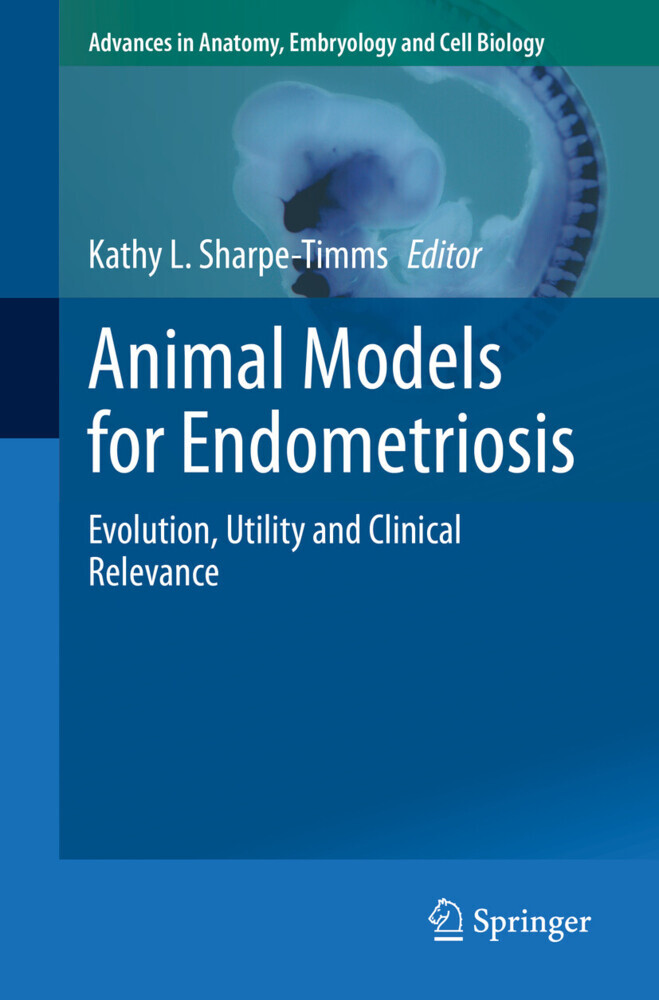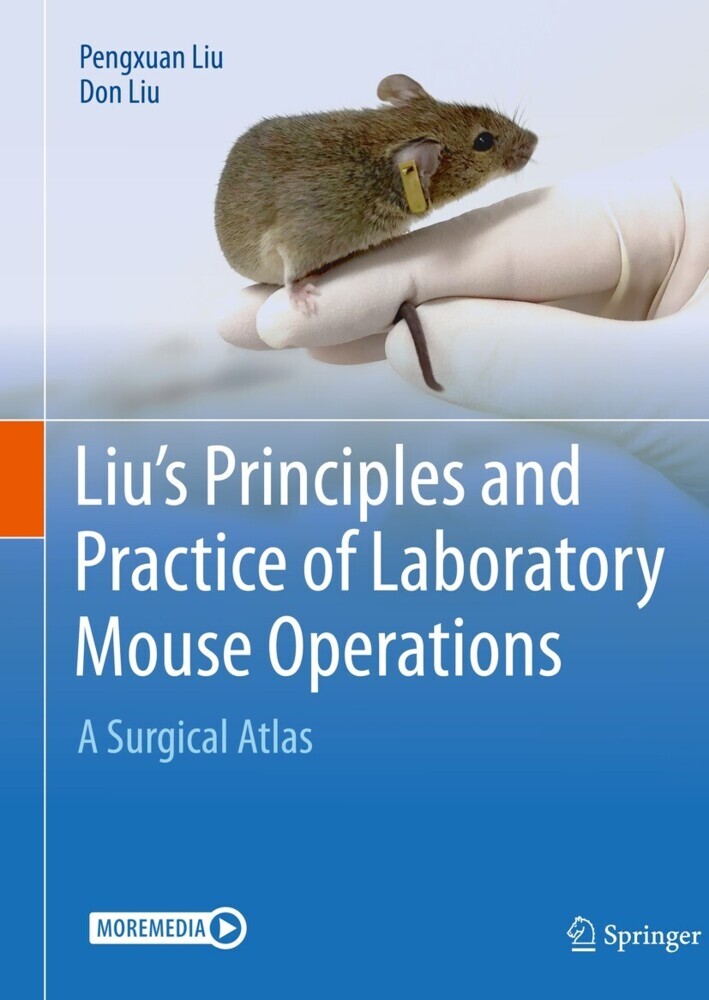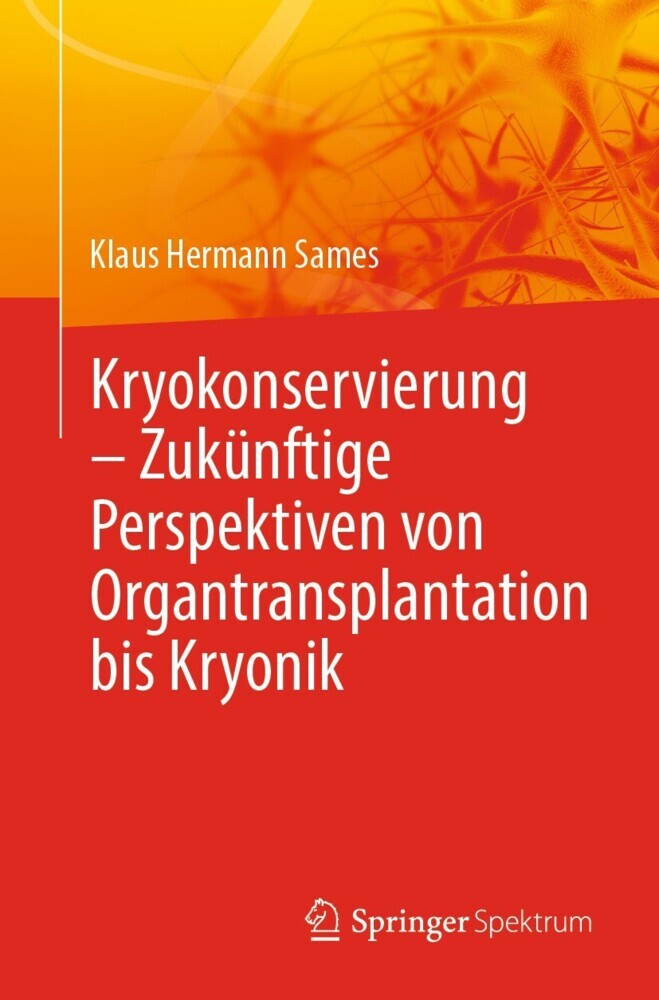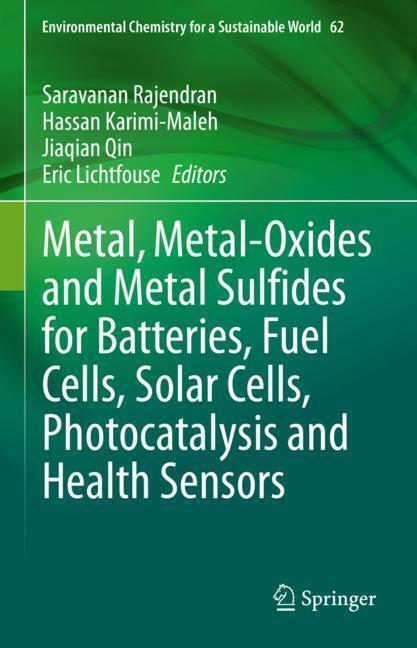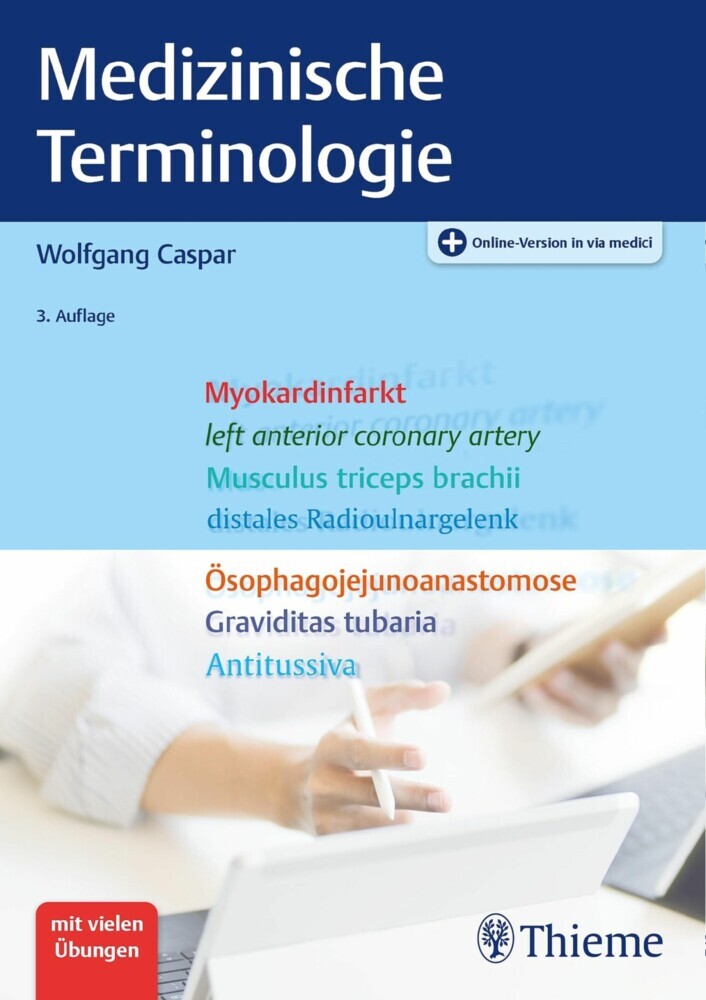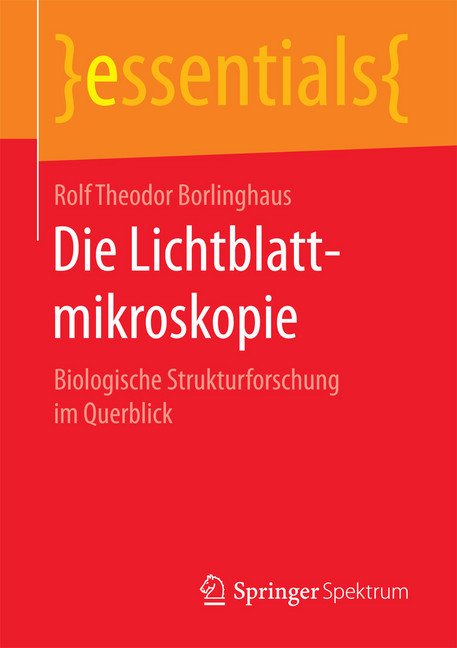Animal Models for Endometriosis
This new volume of our successful book series Advances in Anatomy, Embryology and Cell Biology focuses on the need for and use of animal models when studying endometriosis. Covering models ranging from rodents to baboons, it explores novel mechanisms involved in the pathophysiology of endometriosis. Topics range from the role of miRNAs and environmental endocrine disrupters to pain and endometriosis-associated subfertility.
Estimated to affect up to 10% of women, endometriosis is a widespread and in some cases debilitating disease. While studies on the pathophysiology of the disease and the development of treatments for endometriosis-associated subfertility are called for, acquiring appropriate tissues from women with and without endometriosis in combination with physiologically relevant in vitro and in vivo laboratory models is an essential aspect. However, control subjects with similar ages, living environments and medical histories, besides endometriosis, are hard to find and attaining suitable human reproductive tissues is linked to an ongoing ethical discussion, especially when studying embryos. Laboratory models like rodent and monkey models are therefore needed to fill the research gap and support hypothesis-driven, randomized, controlled experimental design studies. In this book we highlight the latest developments and findings in endometriosis research using animal models.
The book was written for scientists, physicians and medical students working in the field of reproductive science, and for women with endometriosis.
Dr. Sharpe-Timms received her Ph.D. in Reproductive Pathophysiology from the University of Tennessee and completed a postdoctoral fellowship at the University of Kentucky. She served at the Department of Obstetrics, Gynecology and Women's Health at the University of Missouri (MU) for over 30 years, advancing to Full Professor. Her research has identified proteins synthesized and secreted by endometriotic lesions, first in a rat model and later reproducing these results in women with endometriosis. She has also identified transgenerational subfertility in three generations of offspring using a rat model for endometriosis. Primarily funded by the National Institutes of Health, Dr. Sharpe-Timms' endometriosis research has led to over 185 publications, abstracts, and invited oral presentations at national and international meetings. She retired from MU in 2019, now serving as Professor Emerita and collaborating with colleagues.
Sharpe-Timms, Kathy L.
| ISBN | 9783030518561 |
|---|---|
| Artikelnummer | 9783030518561 |
| Medientyp | E-Book - PDF |
| Copyrightjahr | 2020 |
| Verlag | Springer-Verlag |
| Umfang | 111 Seiten |
| Sprache | Englisch |
| Kopierschutz | Digitales Wasserzeichen |

